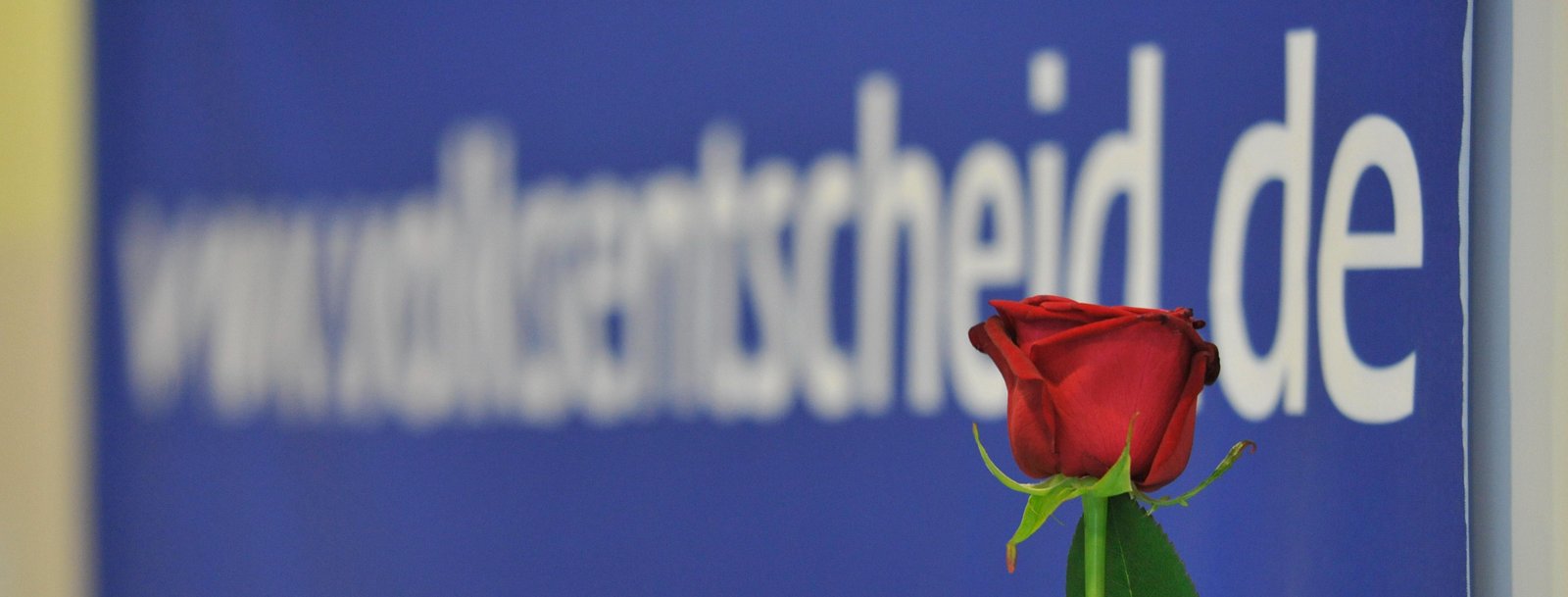About us

From "I" to "US AND THEM", to "US TOGETHER": That is what this blog is about.
Mehr Demokratie is a german NGO aiming at improving citizens' participation and direct democratic decision making. We are convinced that we, the citizens, are able to shape the future of our political communities at all political levels together, and that we are able to overcome differences, tensions and unclarities.
For this to happen successfully we need appropriate regulations, laws and constitutions. For 30 years Mehr Demokratie has argued for citizens' legislation in three steps ("dreistufige Volksgesetzgebung") giving citizens the right to initiate legislation processes in parliament (step 1, citizens' initiative, "Volksinitiative''). In cases where this cannot be obtained, citizens should be given the right to publicly ask for the people's support by collecting signatures (step 2, petition for a citizens' vote, "Volksbegehren"). When enough citizens give their support for a referendum, the law, originally initiated by the citizens, is decided on by means of a citizens' vote (step 3, citizens' vote, "Volksentscheid"). In a similar way citizens should be given the right to initiate referenda against parliamentarian decisions (citizens' referendum). We believe that constitutional changes or sovereignty transfers to transnational institutions, decided by qualified parlamentarian majorities, should be passed in addition to mandatory referenda. This set of direct democratic regulations is know in the English speaking world as "Initiative and Referendum".
Over time we have come across new areas which we feel need democratic reform: voting laws to give citizens more influence on whom they elect to parliament and thus liberating the deputies from the influence of party leaders, transparency regulations and finally democracy in the EU. We observed that a growing number of laws in German parliament were initiated in Brussels and had to be incorporated into German law. Thus since democracy at national level has decreased, we need to open channels of influence to increase democracy at the European level.
This are our main concerns:
- to intensify deliberative procedures in society as a whole,
- to strengthen citizens' influence at all political levels,
- to give democracy back to the people, enabling the development of a new sense of responsible citizenship, a new "Us".
